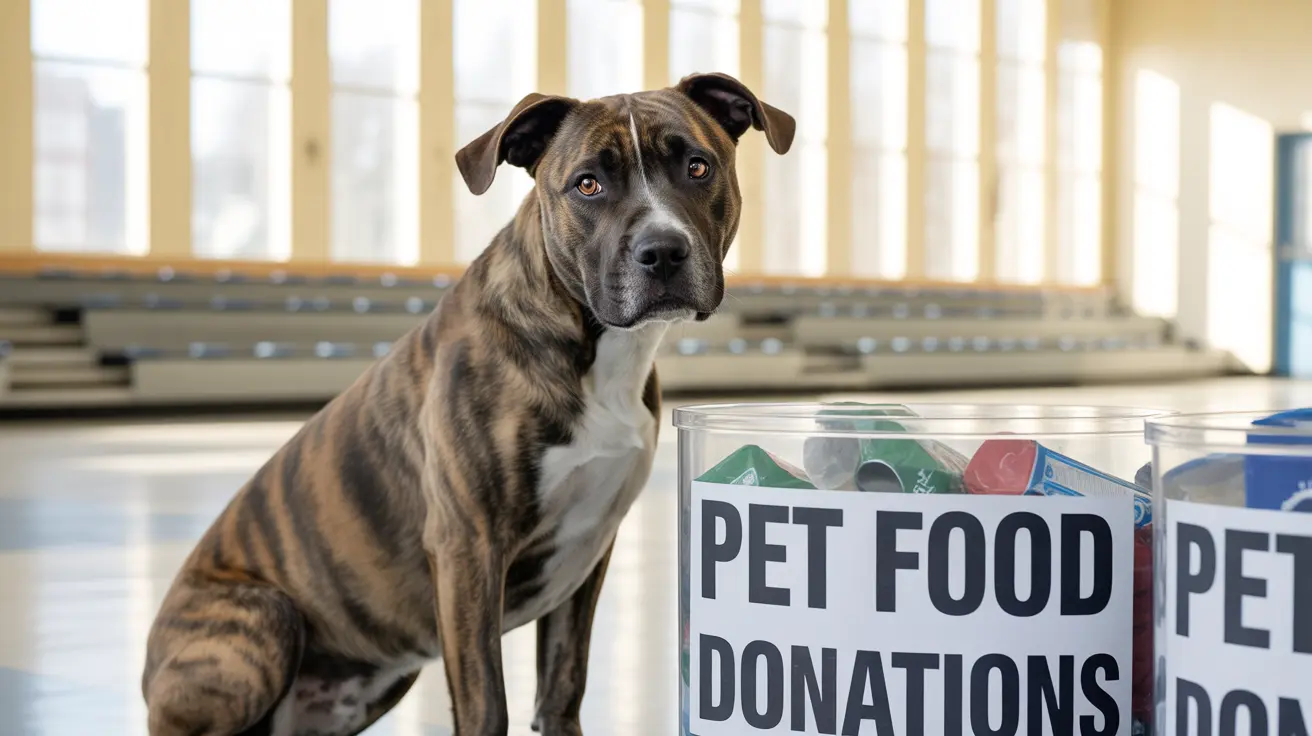Natural Ways to Remove Dog Odor
If you share your home with a dog, you know that sometimes pet odors can linger—no matter how much you love your furry friend. Fortunately, you don't need harsh chemicals to keep things smelling fresh. There are plenty of natural strategies that tackle dog odor at its source while being gentle on your pet and your home.
Why Do Dogs Smell?
Dogs naturally have scent glands and produce odors through their skin, ears, and mouths. Sometimes the cause is as simple as wet fur (which traps bacteria and yeast), but persistent smells could signal skin infections, ear problems, dental disease, or even anal gland issues. Environmental factors—like rolling in something outside—can also contribute to a musty scent.
Routine Grooming: The First Line of Defense
- Brushing: Daily brushing removes loose fur and dander that trap odors.
- Bathing: Use a dog-friendly shampoo tailored to your pet's coat and skin type. Rinse thoroughly to avoid residue.
- Special attention for wrinkled breeds: Bulldogs, Shar-Peis, and Pugs need their skin folds cleaned regularly to prevent buildup.
Don't forget oral hygiene! Brushing your dog's teeth with pet-safe toothpaste (or a vet-approved dab of baking soda) keeps bad breath at bay. Dental treats can help reduce tartar too.
Ears and Other Problem Spots
Some breeds—especially those with long or floppy ears—are prone to ear-related odors. Clean your dog's ears as needed using a damp cotton pad or follow your vet's advice. Watch for excess wax or signs of infection.
Tackling Odors in Your Home
- Wash bedding, blankets, and removable covers weekly in hot water. Add a cup of white vinegar for extra deodorizing power.
- Vacuum carpets, rugs, curtains, and furniture often; steam clean periodically for deep odor removal.
- Sweep and mop hard floors with a pet-safe solution.
- Airing out rooms by opening windows helps disperse lingering smells; air purifiers with HEPA filters or activated charcoal are useful in pet zones.
Natural Deodorizers That Work
- Baking soda: Sprinkle on carpets or pet beds; let sit up to 30 minutes (or overnight) before vacuuming. It absorbs odors effectively.
- Vinegar: Mix equal parts water and white or apple cider vinegar in a spray bottle. Spritz on hard surfaces or fabrics—or use in laundry cycles—to neutralize smells. For urine spots, blot with the solution then dry thoroughly.
- Lime (First Saturday Lime): Safe for pets and plants; sprinkle outdoors or lightly indoors where needed before vacuuming up after several hours.
- Enzymatic cleaners: Use as directed on carpets or cement to break down urine- or feces-based odors at the molecular level.
- Activated charcoal: Place open containers near pet areas (out of reach) to absorb airborne smells over time.
Treating Persistent Odors on Concrete
If smells linger in basement floors or patios:
- Clean thoroughly with mild detergent or trisodium phosphate (TSP).
- Rinse well; spray with water-vinegar mix; let sit; scrub again; rinse.
- Sprinkle baking soda generously; leave overnight before scrubbing/rinsing away.
- If needed, apply an enzymatic cleaner specifically made for concrete followed by an odor-blocking primer once dry.
Adequate ventilation is crucial—use fans or air purifiers if necessary for stubborn airborne odors.
Sustaining Freshness: Prevention Tips
- Bathe dogs every 4–8 weeks (frequency varies by breed/lifestyle).
- Brush coats daily; trim long hair where moisture might get trapped.
- Tend to ears/teeth per veterinary recommendations.
- A healthy diet aids digestion and reduces body odor—choose high-quality food suited for your dog's needs.
Launder all pet items regularly—and rotate or replace them when worn out. For quick freshening between baths, try waterless shampoos or unscented wet wipes designed for pets. Always dry dogs thoroughly after they get wet since damp fur makes odors worse. Hanging bedding in sunlight helps kill bacteria naturally too!
Coping With Accidents Indoors
- Cleans spills promptly using enzymatic cleaners or vinegar solutions so odors don't set in.
If you live with cats too: scoop litter boxes daily and clean them weekly using baking soda or lime as safe deodorizers.
If Odors Persist…
If you've tried all these methods but notice chronic bad breath, strong sour/fishy/yeasty smells, appetite changes, or skin problems—it could be more than just dirt. Consult your veterinarian to rule out infections, allergies, metabolic diseases, poor diet issues, or other health concerns that may be causing the smell. A healthy dog plus a clean environment equals a fresher-smelling home!





